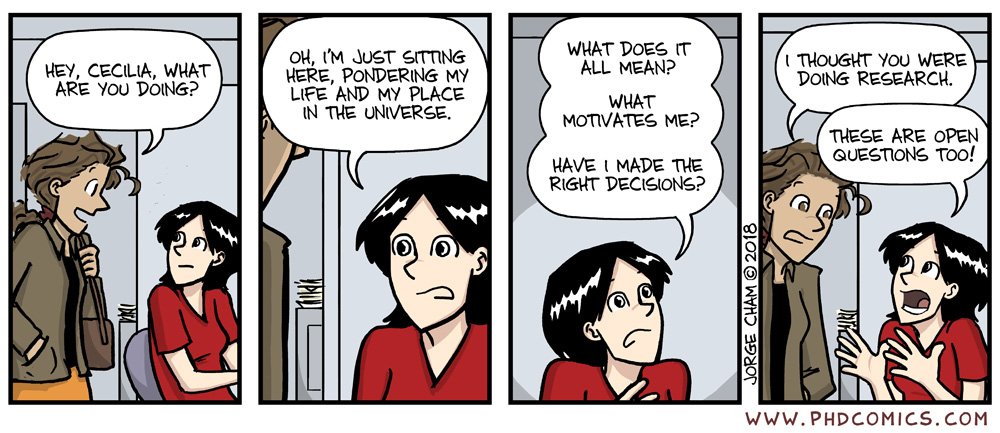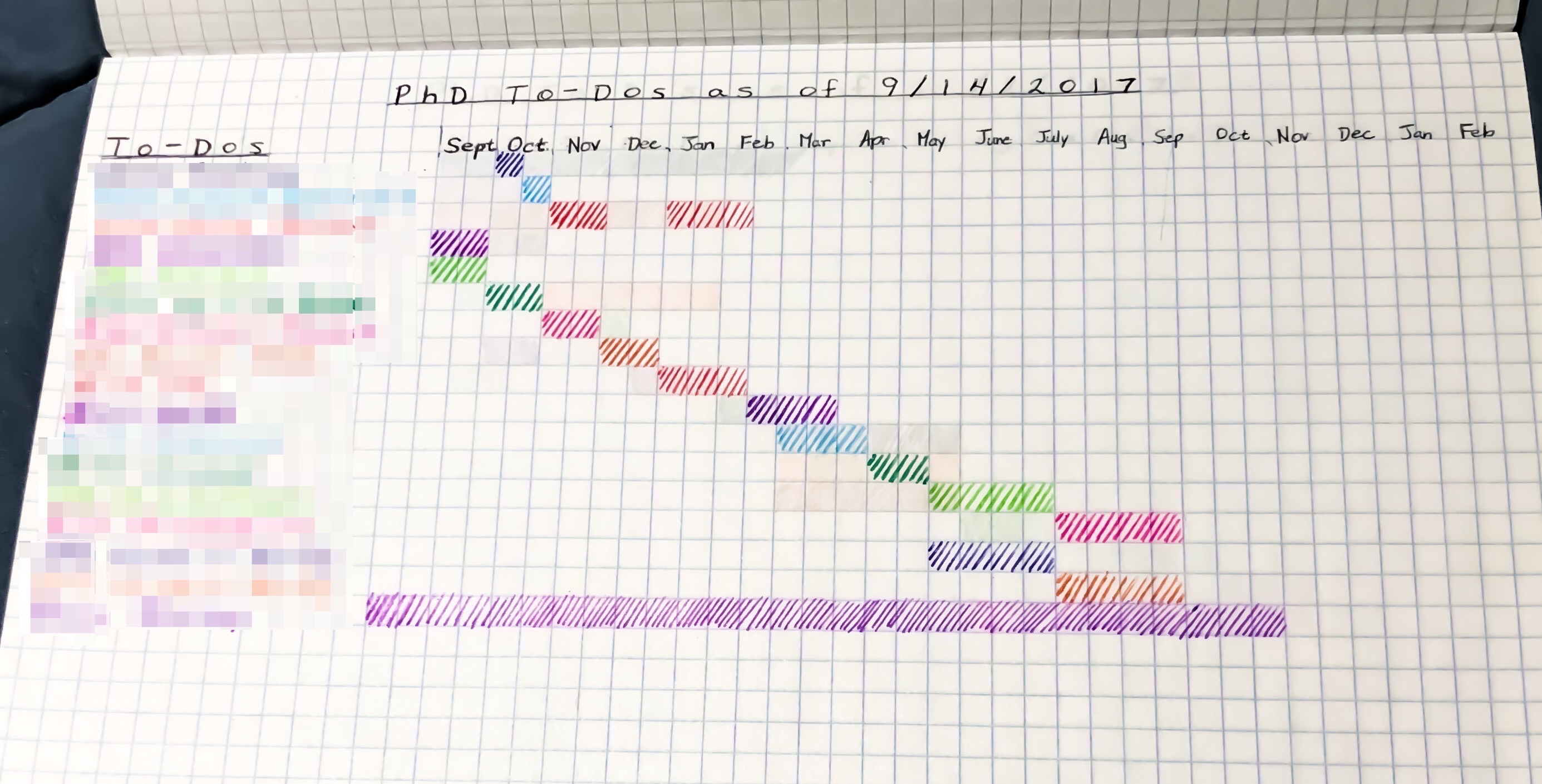
Setting Clear Goals and Priorities
Establishing clear objectives for your PhD research
When embarking on a PhD journey, it is vital to set clear objectives for their research. By defining the research goals early on, a student can stay focused and motivated throughout the process. This clarity fosters efficient progress and ensures that each step contributes to the overall objective.
Prioritizing tasks efficiently for quick progress
To maximize productivity during a PhD program, prioritizing tasks is essential. By identifying and focusing on high-priority tasks first, students can ensure swift progress towards their academic goals. This approach not only helps in managing time effectively but also prevents feeling overwhelmed by the workload.

Effective Time Management Strategies
Utilizing time blocking techniques for research tasks
When pursuing a PhD, time blocking helps individuals allocate specific periods for focused work on research tasks. This technique enhances productivity by minimizing distractions and concentrating efforts efficiently.
Setting deadlines and milestones to stay on track
Establishing deadlines and milestones creates a roadmap for progress, guiding individuals through their PhD journey. These targets provide clarity and motivation while ensuring continuous advancement towards academic goals.

Leveraging Resources and Support Systems
Utilizing available research resources effectively
When pursuing academic endeavors like a PhD, individuals can optimize their research by effectively utilizing available resources. Accessing libraries, online databases, and academic journals plays a crucial role in enhancing the quality and depth of research projects.
Engaging with professors, peers, and support networks for guidance
In the academic realm, seeking guidance from professors, peers, and support networks is invaluable. By fostering collaborative relationships and utilizing their expertise, individuals can gain valuable insights, feedback, and encouragement throughout their PhD journey.

Continuous Learning and Skill Development
Engaging in relevant workshops and seminars
When individuals embark on a PhD journey, engaging in relevant workshops and seminars allows them to stay updated with the latest trends in their field. This continuous learning opportunity fosters growth and broadens perspectives by exposing individuals to diverse ideas and approaches.
Developing new skills to enhance research productivity
In the pursuit of a PhD, developing new skills is essential for enhancing research productivity. By acquiring skills such as data analysis, critical thinking, and communication, individuals can effectively navigate complex research challenges and contribute meaningfully to their academic discipline.

Narrowing Down Research Focus
Refining your research question and objectives
When pursuing a PhD, individuals are encouraged to refine their research question and objectives to ensure clarity and focus. By clearly defining the scope and purpose of their study, researchers can streamline their efforts and contribute meaningfully to the academic community.
Focusing on specific areas to streamline progress
During a PhD journey, focusing on specific areas of study helps researchers streamline their progress and avoid getting overwhelmed. By narrowing down their research focus, individuals can delve deeper into key topics, conduct more targeted investigations, and achieve significant breakthroughs in their field.

Regularly Monitoring and Evaluating Progress
Tracking research milestones and achievements
Researchers should regularly track their milestones and achievements to ensure they are on the right path. By monitoring progress, individuals can celebrate successes, identify areas of improvement, and stay motivated throughout their PhD journey.
Reflecting on progress to identify areas of improvement
Reflection on progress allows researchers to evaluate their strategies and make necessary adjustments. By identifying areas for improvement, individuals can enhance the quality of their work and increase the likelihood of achieving their research goals effectively.

Collaborating with Peers and Experts
Engaging in collaborative research projects
Researchers collaborate on projects with peers and experts to gain diverse perspectives and enrich the research process. Working together fosters creativity, enhances problem-solving skills, and promotes a supportive environment essential for academic growth.
Seeking feedback from peers and experts for insights
Gathering feedback from peers and experts provides valuable insights that can improve research outcomes. By seeking advice, researchers can refine methodologies, address potential flaws, and broaden their knowledge base to ensure the success of their PhD journey.
Managing Stress and Maintaining Work-Life Balance
Implementing stress management techniques during research
Researchers can incorporate stress management techniques like taking breaks, practicing mindfulness, and engaging in physical activity to maintain mental well-being during research. By prioritizing self-care, individuals can effectively manage stress levels and stay focused on their PhD journey.
Balancing research commitments with self-care and hobbies
It's important for researchers to strike a balance between research commitments and personal well-being by setting boundaries and making time for hobbies and relaxation. By nurturing interests outside academia, individuals can recharge, enhance creativity, and maintain a healthy work-life balance.

Comments
Post a Comment